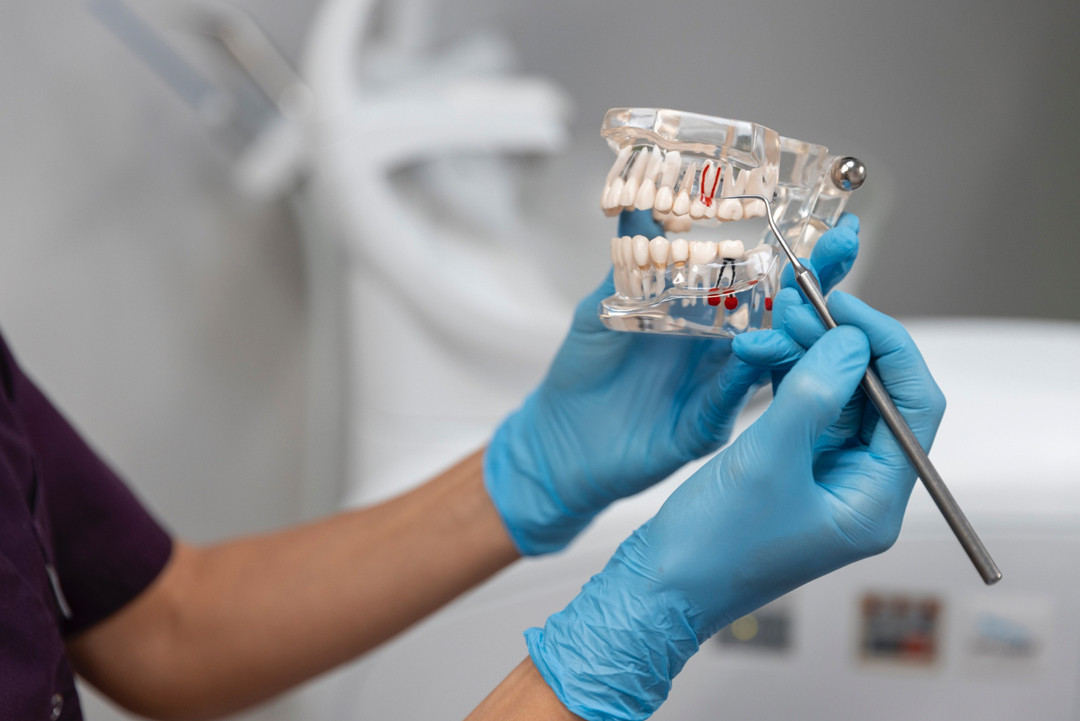Overview of Gastroenterology
Gastroenterology is the branch of medicine that focuses on the digestive system and its associated organs, such as the esophagus, stomach, intestines, liver, pancreas, and gallbladder. This field addresses a wide range of conditions, from common digestive issues to severe diseases affecting vital organs.
What Does a Gastroenterologist Do?
Gastroenterologists are specialized doctors trained to diagnose and treat conditions related to the digestive system. Their expertise includes:
- Managing symptoms like stomach pain, diarrhea, constipation, and heartburn.
- Diagnosing and treating serious conditions such as inflammatory bowel disease (IBD), irritable bowel syndrome (IBS), liver diseases, and gastrointestinal cancers.
- Performing diagnostic procedures such as endoscopy, colonoscopy, and biopsy to evaluate and treat digestive conditions.
Gastroenterologists often collaborate with dietitians, primary care physicians, and surgeons to provide comprehensive care tailored to the patient’s needs.
Methods of Diagnosis in Gastroenterology
Gastroenterology employs advanced diagnostic techniques to identify digestive system issues. Common methods include:
- Endoscopy: Using a thin, flexible tube with a camera to visualize the gastrointestinal tract.
- Upper Gastrointestinal Endoscopy (UGIE): Examines the esophagus, stomach, and duodenum for abnormalities.
- Colonoscopy: Allows for detailed visualization of the colon and large intestine.
- Lab Tests: Blood tests, stool tests, and imaging techniques like X-rays or CT scans to diagnose specific conditions.
Conditions Treated by Gastroenterologists
Gastroenterologists address a variety of digestive system issues, including:
- Stomach Pain: Diagnosing causes ranging from indigestion to more severe issues like ulcers.
- Heartburn and Acid Reflux: Managing conditions caused by stomach acid flowing back into the esophagus.
- IBD and IBS:
- IBD: Chronic inflammation of the digestive tract, including Crohn’s Disease and Ulcerative Colitis.
- IBS: A functional disorder causing abdominal pain and changes in bowel habits.
- Constipation and Diarrhea: Addressing changes in bowel movements and their underlying causes.
- Liver Diseases: Managing conditions such as hepatitis, cirrhosis, and jaundice.
- Pancreatitis: Treating inflammation of the pancreas, either acute or chronic.
- Cancer: Diagnosing and treating gastrointestinal cancers, including colon and esophageal cancer.
Treatment Options in Gastroenterology
Treatment plans depend on the patient’s condition and may include:
- Medications: Antibiotics for infections, anti-inflammatory drugs for IBD, or acid-reducing medications for ulcers and reflux.
- Diet and Lifestyle Changes: Implementing dietary adjustments, increasing fiber intake, and promoting hydration.
- Endoscopic Procedures: Diagnosing and treating conditions through minimally invasive techniques.
- Surgery: In severe cases, surgical intervention may be required, such as tumor removal or correcting structural abnormalities.
Common Gastroenterology Procedures
While gastroenterologists are not surgeons, they use advanced techniques for both diagnostic and therapeutic purposes. Examples include:
- GI Endoscopy: Visualizing the digestive tract to identify and remove abnormalities like polyps or obtain biopsy samples.
- Endoscopic Retrograde Cholangiopancreatography (ERCP): A procedure using contrast dye to evaluate and treat bile duct and pancreatic issues.
- PEG Tube Placement: Inserting a feeding tube directly into the stomach for patients unable to swallow.
- Virtual Endoscopy and Colonoscopy: Utilizing camera-equipped capsules to examine the gastrointestinal system without invasive tools.
- Colorectal Cancer Screening: Early detection and management of cancer through colonoscopy and other methods.
When to See a Gastroenterologist
You should consider consulting a gastroenterologist if you experience:
- Persistent abdominal pain or discomfort.
- Chronic heartburn or acid reflux.
- Changes in bowel habits, such as diarrhea or constipation.
- Jaundice or other signs of liver dysfunction.
- Family history of gastrointestinal cancers or disorders.
Prompt medical attention can prevent complications and improve outcomes for digestive system conditions.
Gastroenterology combines expertise in diagnosis, treatment, and preventive care, ensuring comprehensive solutions for digestive health issues.


















